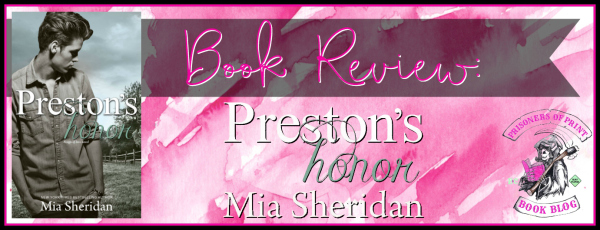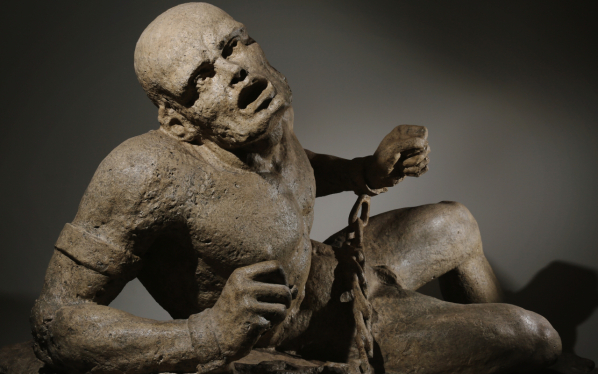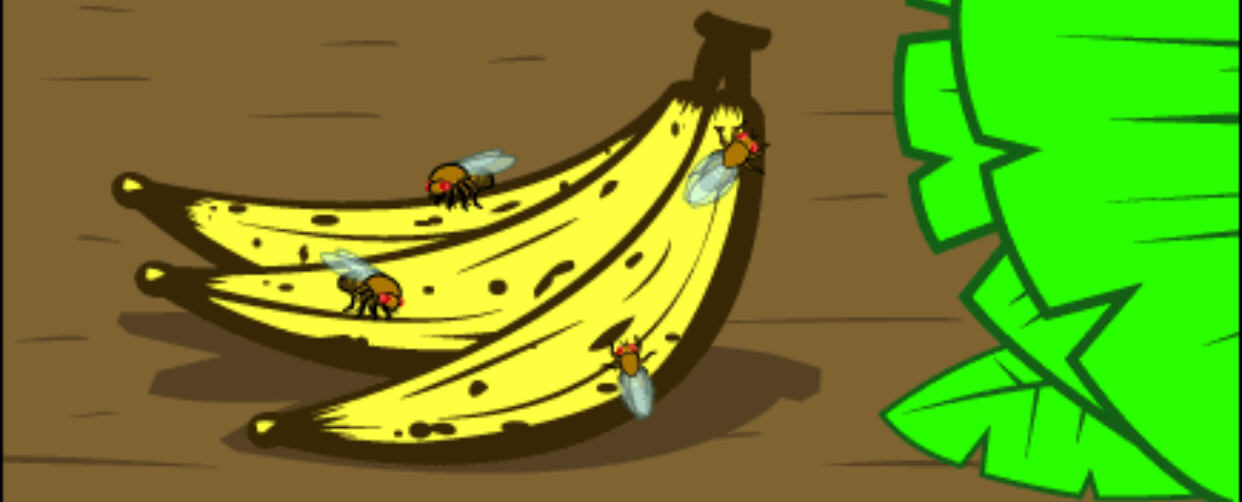
If I tell you that reading this was like reading Angela Slatter, I think you’ll get a feel for the fact that I adored it, and for I the style of these stories.
Forsyth and Wilkins have written a set of stories that, until the last one wraps back to the first, go progressively further back in time – but always set in and around the same village in England, Cerne Abbas. In a way, it’s similar to those books of James A. Michener that I’ve read (Space, The Source) and Edward Rutherford (London, Sarum): they follow a place and a family. But these stories are generally on the more positive end, where those aren’t always; and they’re also tending towards the fantastical, which those men veer away from. Plus, neither of them ever had illustrations by Kathleen Jennings at the start of their chapters.
The book opens with Australian Rosie returning to the English childhood home of her grandparents after heartbreak, in 2017. The stories then progress back to World War 2, the 1850s, the time of the English Civil War, that of Henry VIII, the first millennial crisis of 999AD, and that of the Celts as the Romans arrive. In each case there’s some specific issue of the time that ties into the very personal experiences of the people living in Cerne Abbas, and the individual at the focus of the story. And they never stray very far from the village and its titular well.
These stories are a delight. They’re sympathetic without being cloying, sensible without being heartless; they are stories that know what it means to be human and that sometimes what’s required is hard advice, but sometimes it should be a shoulder to cry on. There’s love and loss, evil and saintly behaviour… it’s not clear exactly what each story will give you when you start reading, except that it will be sad ad mildly traumatic and possibly heart wrenching. Also, beautiful.
I really loved this collection.
Share this:- More





